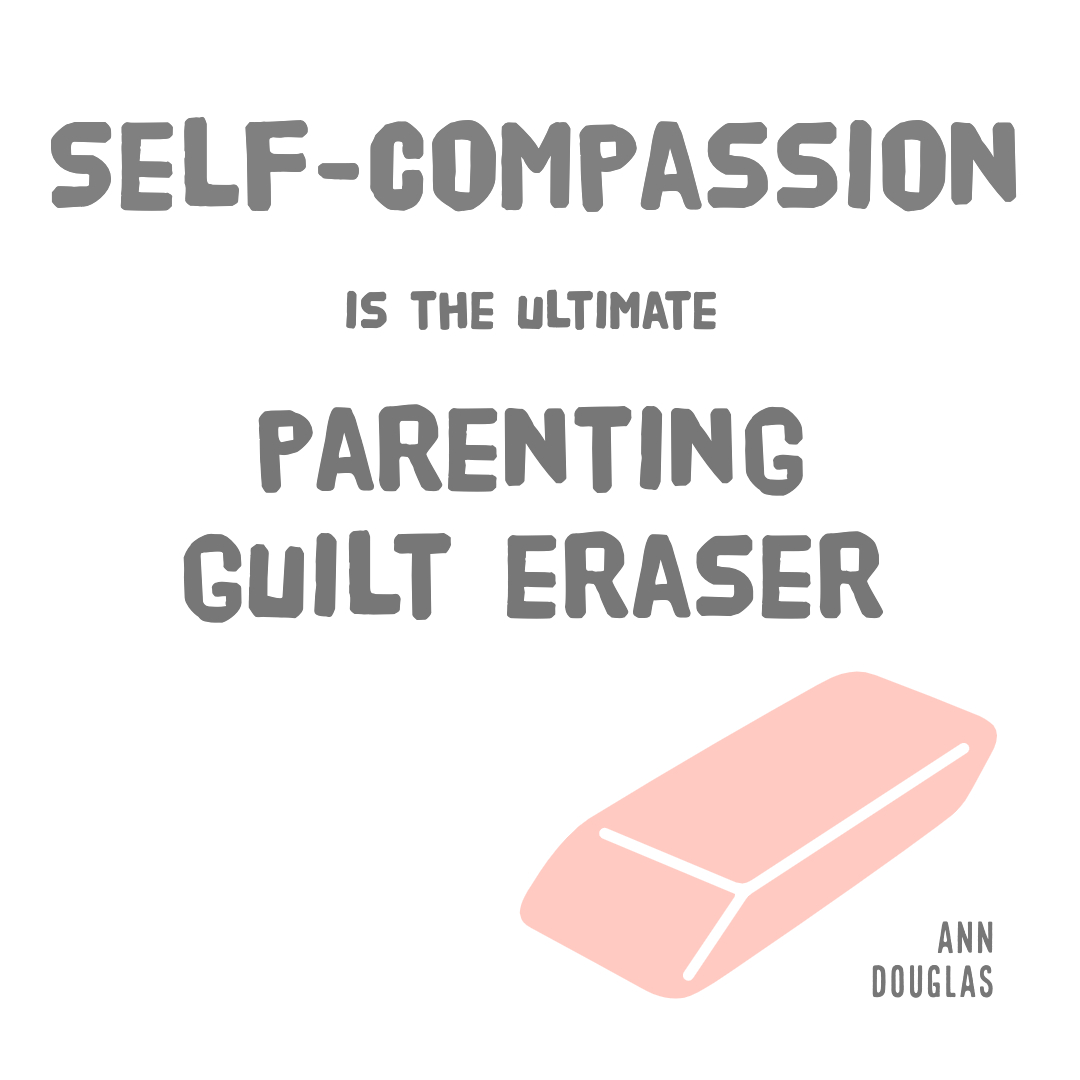The high school graduation celebrations are officially behind you and your teen’s entry into college or university is still a couple of months away. This summer should be all about harvesting the fruits of all your earlier parenting labours and truly savouring your relationship with your teen, right?
Well, maybe….
While that all sounds great in theory, the reality tends to be a whole lot messier. In fact, the summer before college or university can be an emotionally stormy time for parents and teens alike. Here’s what you need to know to ride out those storms.
Seek the wisdom and support of other parents
Hopefully you’ll be lucky enough to have a friend who has weathered some of these storms as a parent and who can reassure you that everything that you’re feeling is perfectly normal (although it may feel anything but). My friend Bonnie was that person for me. She did an amazing job of validating my feelings: my sadness about the fact that my child was leaving home and my pride in them for being ready to take this step and my fear that they might walk away and never look back (that they might forget that they’d ever had a mom!) and my deep-seated worry that I might officially be becoming obsolete.
Understand why you’re feeling all the feelings
The summer between high school and college or university is a time of relationship transition; and change is always hard. We humans love our ruts! So, as a parent, you’re trying to make sense of the fact that your relationship with your teenager is about to change in all kinds of unknown ways. That’s scary, especially given that you’re invested the better part of two decades into this particular relationship. How could it not feel high stakes when there’s just so much at stake!
I remember how restless I was feeling and how restless my teenager was feeling: it was like we were caught in an emotional holding pattern for an entire summer, caught between a familiar past and an unknown future. I had so many questions. What would my relationship with this teenager be like once we packed up their stuff and drove them off to college or university? And what would my life be like? This was as much a turning point for me as it was for them.
I also remember feeling like the clock was ticking down: that I only had a few precious weeks left to finish the job of preparing my teen for life in the outside world. Had I had all the important talks with him? Was there something important that I still needed to teach her? It felt like this was my last chance to tie up all the loose ends of parenting!
Of course, looking back, I now understand that I was putting an extraordinary amount of pressure on myself — and often needless pressure. I didn’t need to help my teen to cram for some final exam called life. I’d been helping her to do the necessary prep work all along! And it wasn’t as if I was about to be fired from the job of “mom.” I’d just be switching to more of a consulting role. I’d be on-call instead of working full-time.
Remind yourself that this is an emotionally challenging time for your teen as well
Your teen is no doubt wondering about what lies ahead: what it’s actually like to head off to college and university. Is it non-stop fun, like Instagram would have you believe, or is it actually a scary amount of work? And what will it be like to be a very small fish – say a teeny tiny minnow – as opposed to a big fish in the much smaller pond that was high school?
And of course, there’s the whole issue of separation. Your teen is likely feeling a lot of anxiety about separating: about being away from you and from their circle of friends. Contrary to popular belief, separation anxiety isn’t just a thing for babies and toddlers. It is very much a teen thing, too.





